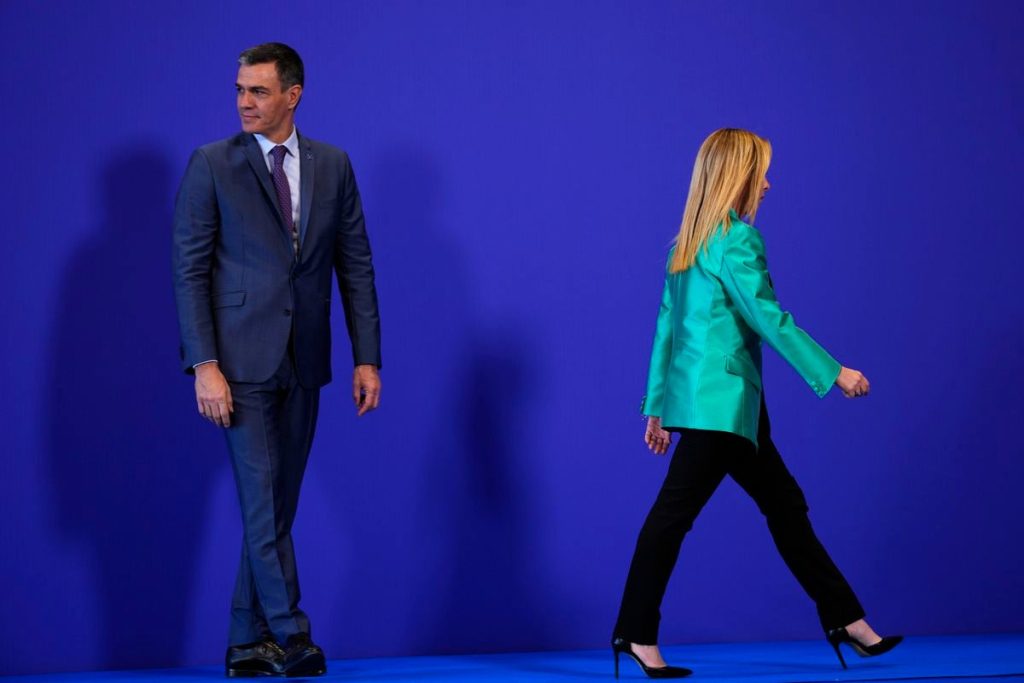Carlo Levi describes an eclipse that occurred in the 1930s in his book “Christ Stopped at Eboli.” With the deep beauty of his style, Levi points to the perception of the southern Italian peasants, who see this astronomical event as a foreboding sign, an emblem of sins for which all pay, innocent and guilty alike. Revisiting this passage in the context of recent eclipses and risks, it is clear that the southern European countries have made significant progress since the times of poverty described by Levi. Recent economic data shows that countries in the southern EU are performing better than those in the north, with solid GDP growth and positive public finances consolidation.
Italy, the largest of the group, has seen pragmatic policies implemented by the Meloni government. While there are differences within the far-right European galaxy, there are shared nationalist and anti-immigration rhetoric and policies. However, the exercise of power by Meloni’s party represents a political rot that cannot be ignored. Recent attempts to control government propaganda in public media, deport rescued immigrants to Albania, and prevent same-sex couples from registering children in the Civil Registry show regression in values. The rise of far-right parties must be countered with vigilance, even if they have adopted a more pragmatic approach or toned down their discourse.
In Spain, economic indicators such as GDP growth, labor market performance, and fiscal stability are positive. However, the political landscape has deteriorated significantly. The PP, known for corruption scandals, engages in constant delegitimization of opponents and obstructionist tactics. Vox, at the extreme end of the far-right spectrum, contributes to a polarized and irresponsible political climate. The response from the other side, particularly the PSOE, is also concerning, with divisive rhetoric and signs of potential corruption cases. The political atmosphere in Spain is toxic, fueled by mutual distrust and lack of accountability.
Despite a decade of economic crisis, Greece is gradually recovering under the moderate conservative government of Kyriakos Mitsotakis. However, reports of erosion of media independence, surveillance of opposition figures, abuse of police force, mistreatment of immigrants, and pressure on human rights activists raise concerns about democratic institutions. Portugal stands out in this landscape, with a more positive political environment characterized by cross-party collaboration and consideration of opposition proposals in government programs.
While the political challenges in Southern Europe are significant, it is important to acknowledge similar issues in Northern countries. However, the presence of greater prosperity and a culture of political dialogue in these societies helps mitigate the impact of such challenges. Carlo Levi’s anecdote about Giovanni Fanelli, a shy young boy with a passion for painting, serves as a hopeful example of humility, dedication, and belief in personal effort. In the darkness of an eclipse, may the luminous example of unwavering faith in hard work and individual dedication shine through and inspire positive change in the midst of political turmoil.















